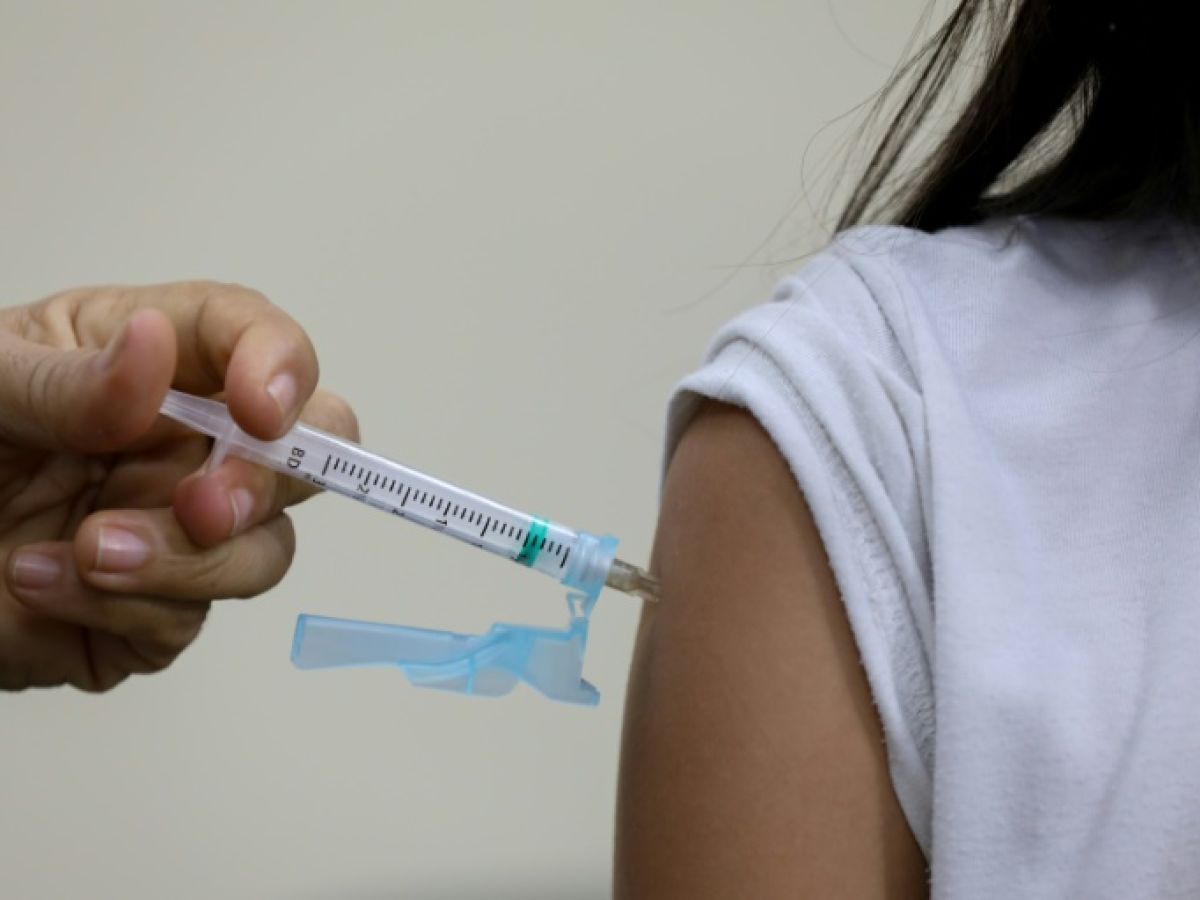Faced with the outbreaks of dengue fever weighing on hospitals overseas, health authorities recommend vaccinating vulnerable adults and children previously infected in Mayotte, Reunion, the Antilles and Guyana.
In the first eight months of 2024, there were nearly 13 million cases of dengue fever worldwide, according to the World Health Organization, almost double the record for all of 2023.
Transmitted by the bites of infected tiger mosquitoes, this viral disease can cause a high fever and body aches. Although it is generally benign, it can sometimes be serious or even fatal - particularly in the case of a previous infection.
Dengue is one of 17 pathogens for which "vaccines are urgently needed" identified on November 5 by the WHO, which called for vaccine development to be based more on "global health needs" than on their commercial yield.
Thus, in Overseas France, "several epidemic waves have followed one another in recent years", affecting "different populations depending on the territory" and causing "a significant burden on the hospital system", notes the High Authority for Health in its vaccination recommendations published on Tuesday.
Guadeloupe, whose last epidemic ended in July 2024, entered a new epidemic in mid-November.
Already endemic in more than 130 countries, dengue fever is spread by mosquito vectors beyond tropical and subtropical areas as a result of rising temperatures. Climate change is thus responsible for nearly one in five cases of dengue fever, according to an American study published in mid-November.
To protect overseas populations against the disease, the HAS recommends vaccinating "children aged 6 to 16 with a history of dengue infection as well as adults aged 17 to 60 with comorbidities, with or without a history of infection."
Vaccination is, however, contraindicated in “immunocompromised subjects, pregnant women and breastfeeding women”.
Authorized on the European market since December 2022, the Qdenga vaccine from the Japanese laboratory Takeda has shown its effectiveness in children and adolescents aged 6 to 16 previously infected with the virus.
However, its effectiveness against severe dengue fever could not be demonstrated, and the vaccine proved ineffective against two of the four serotypes of the disease, in people who had never been infected, notes the HAS.
The recommended vaccination schedule consists of two doses of vaccine, spaced three months apart.
– “Spectacular progress” –
The risk of developing a severe form of dengue fever – less than 5% of symptomatic cases – is increased by pregnancy and chronic diseases such as sickle cell disease, diabetes, complicated arterial hypertension, renal failure, chronic cardiopulmonary diseases, or even immunosuppression.
Adults – mainly affected in Reunion and Mayotte – with comorbidities are particularly affected by severe forms or deaths, while children are also affected in the Antilles and Guyana.
The HAS reminds that it is "essential" that vaccinated people "continue to apply individual protection measures against mosquito bites (repellents, long clothing, mosquito nets, etc.) to effectively combat the virus."
On the other hand, France "is not considered today as an area of high transmission of the virus", despite a number of imported cases "increasing sharply since the start of 2024".
While the tiger mosquito is now present in 78 metropolitan departments, the number of indigenous cases has also been increasing in recent years, exceeding 50 per year.
"In recent decades, the incidence of dengue fever has increased dramatically worldwide," according to WHO.
In addition to climate change, the globalization of trade and travel and the advance of urbanization are promoting the spread of tiger mosquitoes.
Tested in Brazil in particular, one of the promising approaches to combating dengue fever consists of introducing into the wild mosquitoes infected with a bacteria that blocks the insect's ability to transmit the virus.
